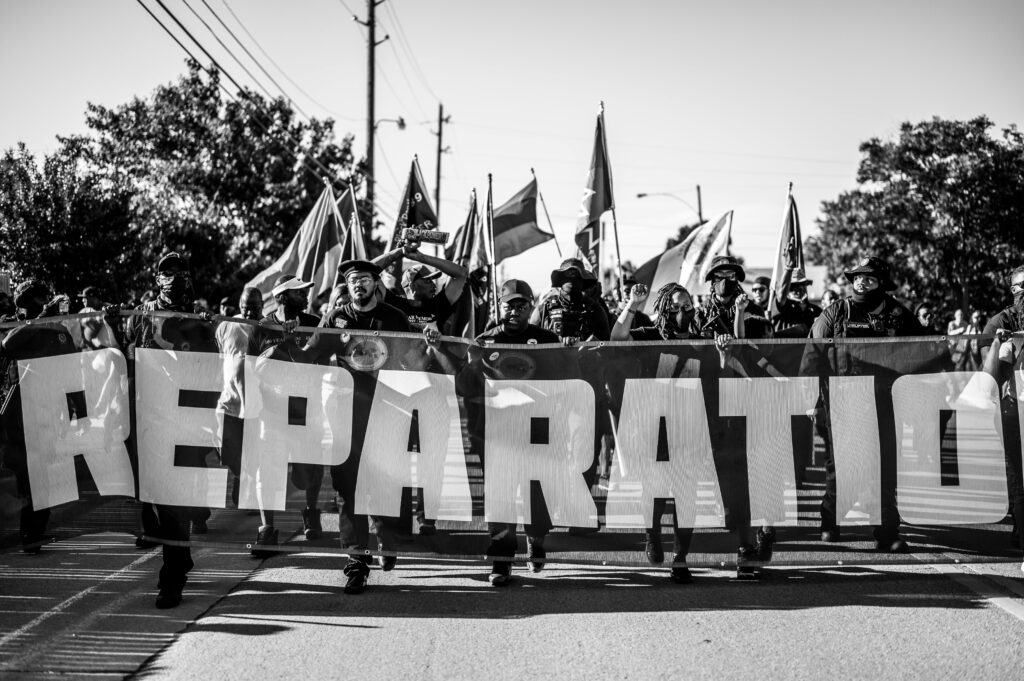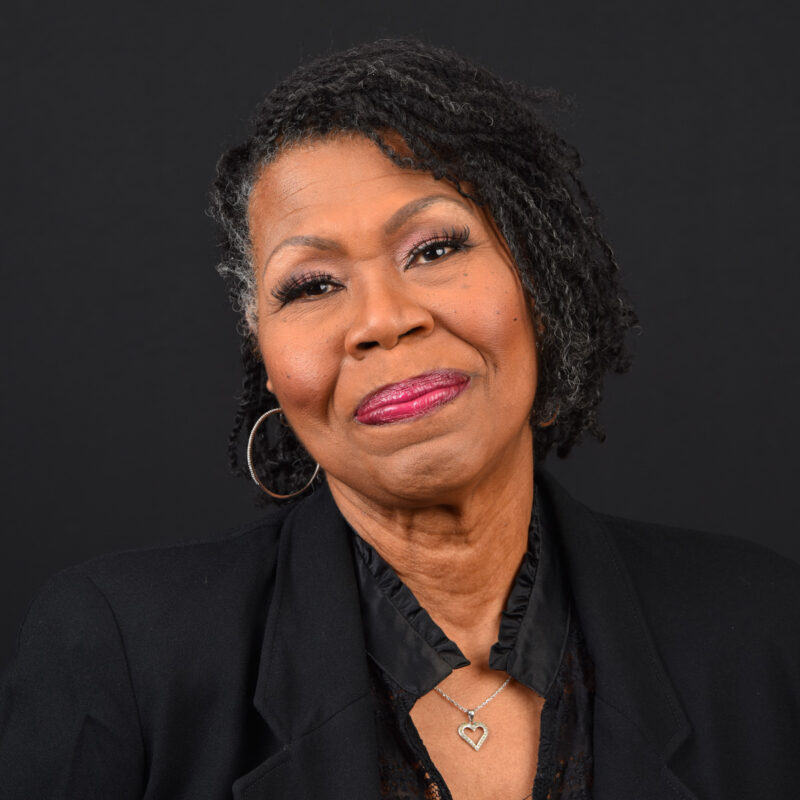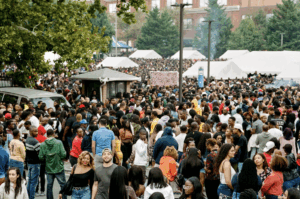- Juneteenth, the oldest known holiday commemorating the end of slavery, is also the title of a book by author Ralph Ellison. Other books by Carolyn Meyer and Ann Rinaldi also capture the topic.
- Some cities and groups sponsor “Miss Juneteenth” contests.
- Strawberry soda was once associated with celebrating the day.
- The Juneteenth Flag of Freedom, half red and half blue with a star in the middle, is raised in an annual ceremony held in Galveston, TX.
None of these details are “fun” and little about the Juneteenth commemoration merits festivities. That we have a national holiday to mark the news of emancipation to enslaved Texans, delivered some two and a half years after the decree was issued, is more travesty than celebration.
Certainly, enslaved people and their descendants should mark June 19, 1865 with reverence for its importance in the exercise of America’s original sin. The act of emancipation is followed by one of this nation’s greatest derelictions of justice delayed, denied and derailed – second only to chattel slavery.
Finally released from two centuries of forced labor, Africans in 19th Century America were denied the recompense for the human pillage and servitude carried over generations from the Middle Passage, to emancipation, to today.
When General Gordon Granger and his Union troops rolled into Galveston, TX on June 19, 1865 he issued this proclamation:.
“The people of Texas are informed that in accordance with a Proclamation from the Executive of the United States, all slaves are free. This involves an absolute equality of rights and rights of property between former masters and slaves, and the connection heretofore existing between them becomes that between employer and hired laborer.”
Here are a few important facts that give Juneteenth proper historical context:
- The Emancipation Proclamation was actually issued September 22, 1862 by President Abraham Lincoln. He released the full proclamation on January 1, 1863, followed by a joint resolution of Congress on February 1; but the proclamation was not ratified as the 13th Amendment to the Constitution until December 6, 1865.
- Galveston, and the surrounding area was a robust agricultural center with cotton and sugar plantations that relied totally on slave labor. Its port, setting sales across the world, seeded the wealth of the U.S. industrial barons of the decades that followed. It was also home to more than 250,000 enslaved people.
- It is speculated that the Union troops delayed the announcement of emancipation to coincide with the wind down of crop season to fully exploit the free slave labor.
- The enormous debts of slavery remain unpaid, torpedoed with the assassination of Lincoln, the election of President Andrew Johnson and the dismantlement of the Reconstruction era (1865-1877).
- Freedman Bureaus, established in 1865, provided aid to newly freed African Americans and impoverished whites in the South. The goal was to support resettlement of the formerly enslaved and displaced following the Civil War, providing food, clothing, shelter, medical care, schooling and legal aid.
- The defunding and dismantlement of these entities in 1872 signaled the reversals of the reconstruction era when the promise of emancipation seemed possible.
- The “40 acres and a mule” promise originated from Union General William T. Sherman’s Order in January 1865. This order set aside 400,000 acres of land along the South Carolina, Georgia, and Florida coasts for settlement by freed slaves. “Each family would receive a plot of no more than 40 acres of tillable ground, and some were also provided with mules to help with farming.”
- The order was reversed by President Andrew Johnson after Lincoln’s assassination, and the land was returned to former Confederate owners.
Team Unerased has curated a small collection of content that marks Juneteenth. We approach this – not with exuberance or celebration – but with sober reflection on where we’ve traveled and where we’re headed.





